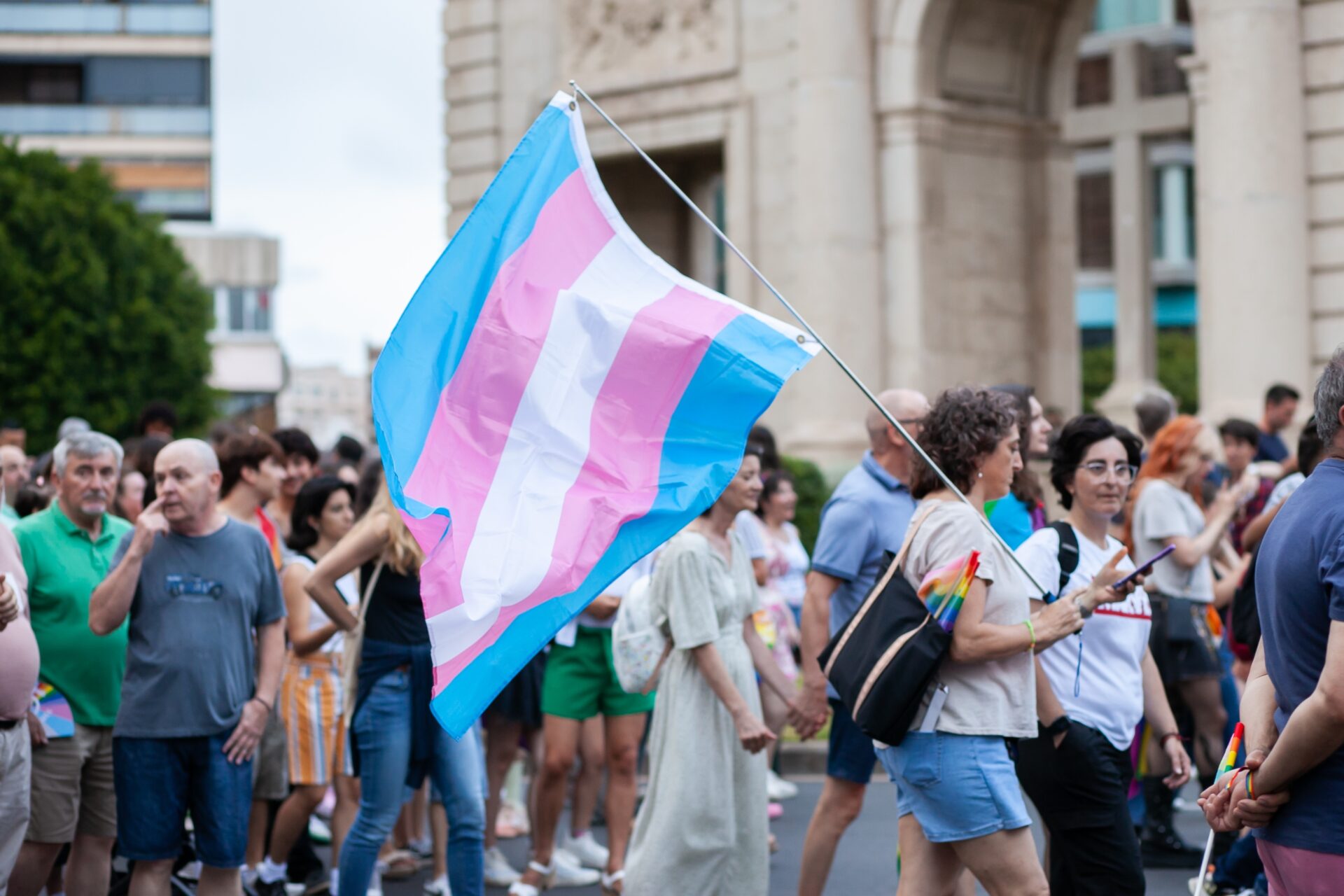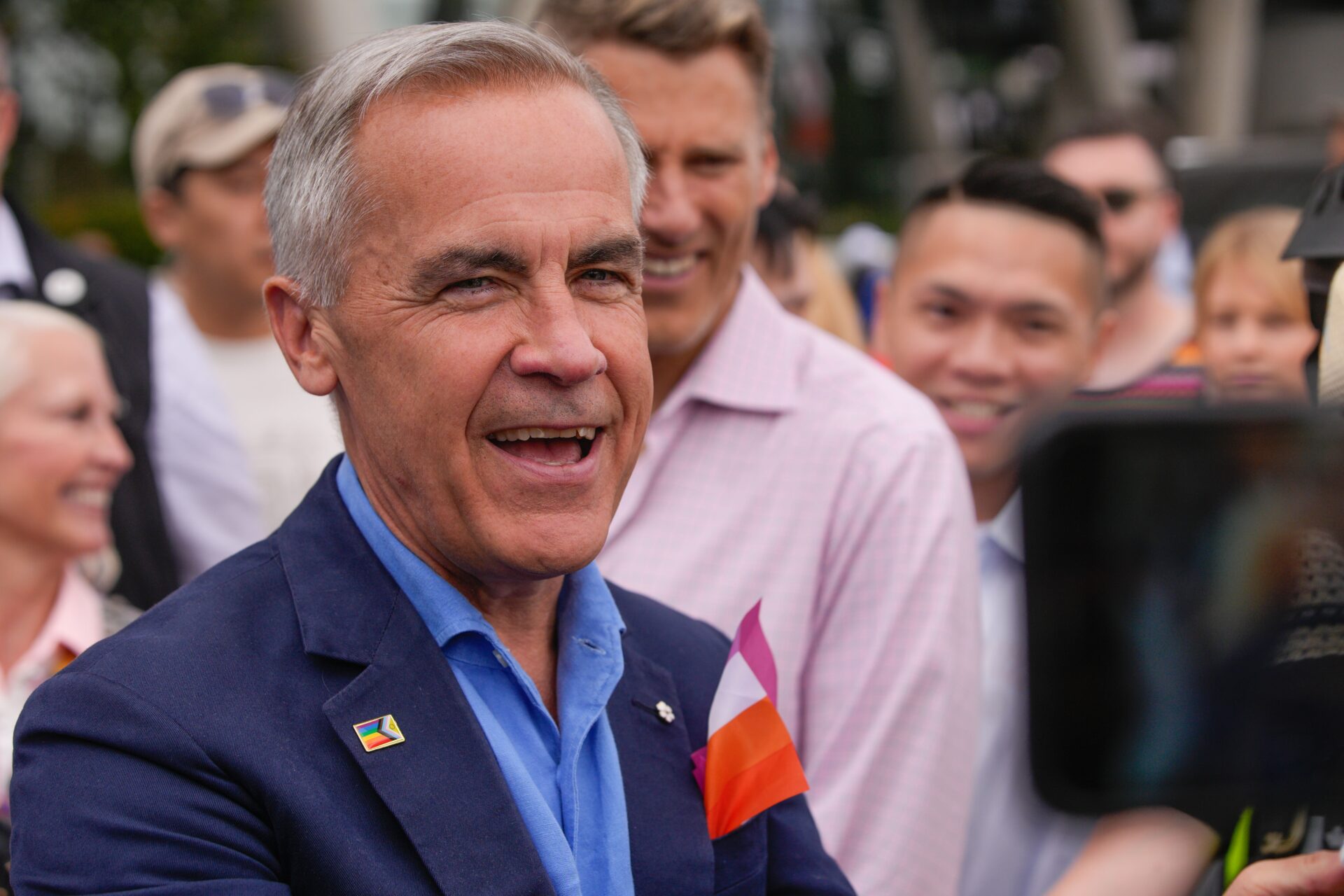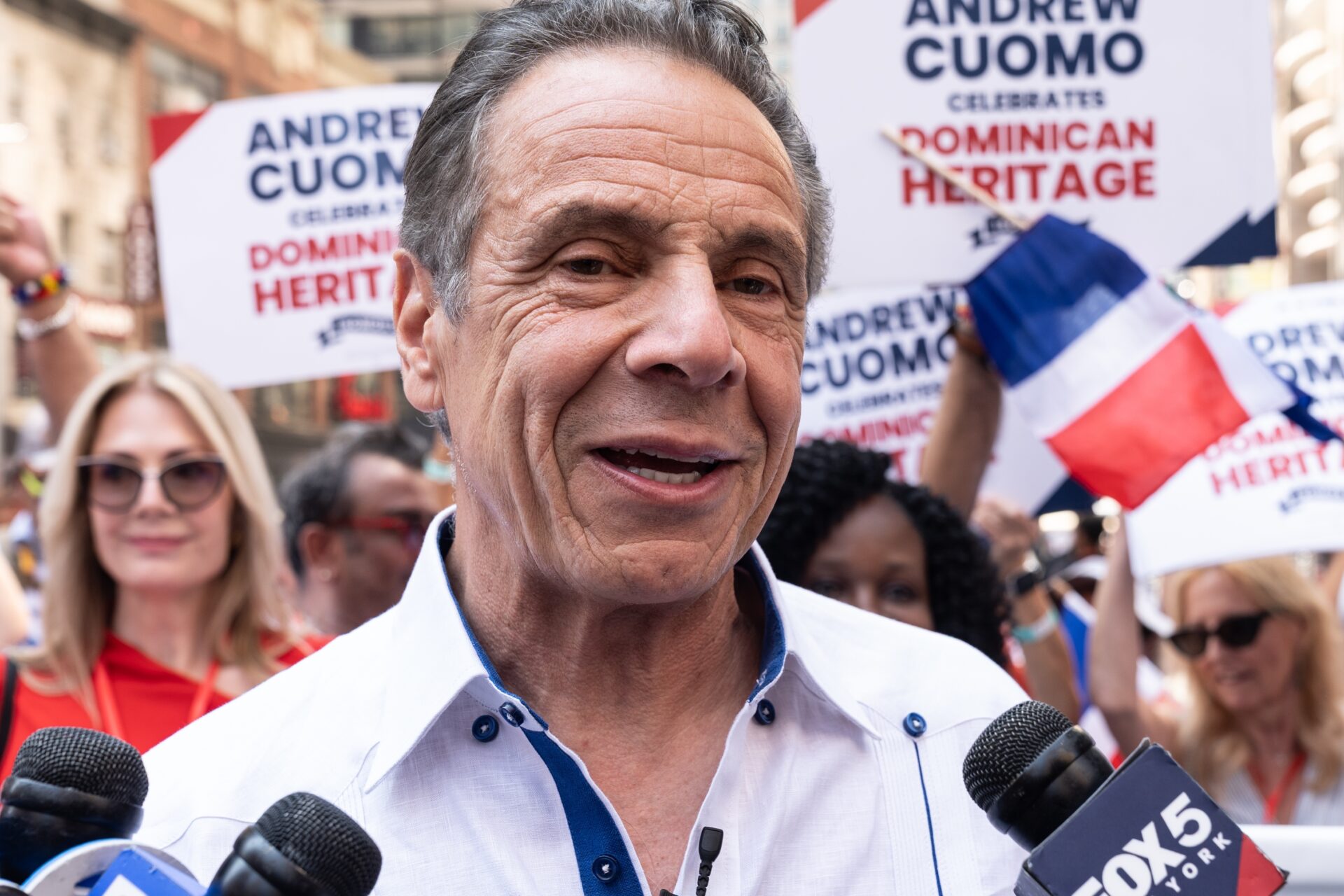
Trump Pushes Trans Refugees TO FLEE!
Trump’s gender policies have triggered a sharp increase in transgender individuals seeking refuge abroad, raising alarms among advocacy groups.
At a Glance
- Trump administration implements new gender policies impacting transgender rights
- Advocacy groups report rising numbers of transgender individuals pursuing asylum abroad
- Representation of transgender officials has grown 1800% since 2017 but remains a minority in institutional power
- Critics argue Trump’s policies undermine hard-won protections and fuel discrimination
Trans Representation vs. Institutional Power
Over the last decade, transgender activists in Western societies have gained unprecedented visibility. According to Out for America 2025, representation in public office among transgender and nonbinary individuals has increased by 1800% since 2017. Yet despite this rise, the majority of political and institutional power remains in the hands of cisgender individuals.
Political scientist Paisley Currah of Brooklyn College stresses that increased visibility should not be conflated with dominance. Reports from Human Rights Watch and the U.S. Transgender Survey continue to highlight persistent discrimination in employment, healthcare access, and personal safety. The contrast underscores the gap between progress in representation and the realities of systemic marginalization.
Some commentators argue that heightened representation signals increased institutional influence, but the data does not support claims of dominance. Instead, transgender individuals face a paradox: greater visibility alongside continued vulnerability.
Watch now: Trump’s Gender Policy Shift Explained
Impact of Trump’s Gender Policies
Since returning to office, President Trump has advanced a slate of new gender-related policies. Critics, including Lambda Legal and Amnesty International, warn that these measures could erode protections established over the past decade. As a result, some transgender individuals are now seeking refuge abroad. Immigration Equality and other advocacy groups have reported an uptick in asylum applications linked to fears of legal discrimination and loss of healthcare rights.
While comprehensive data remains limited, immigration attorneys note that the trend represents a serious development in U.S. human rights policy. Advocacy organizations emphasize that asylum seekers are not pursuing political dominance but personal safety and basic rights. The policies have intensified debates over whether the government is protecting traditional values or undermining civil liberties for marginalized groups.
Future Implications and Challenges
Scholars such as Katherine Franke of Columbia Law School warn that the immediate effect of these policies will be heightened political polarization, both within the U.S. and abroad. International observers are increasingly scrutinizing Washington’s stance on gender rights, complicating diplomatic engagement with allied nations that have embraced broader LGBTQ+ protections.
Looking ahead, the normalization of transgender identities in public life could continue, even amid ongoing backlash. However, risks remain high for social and political conflict, with consequences extending beyond individuals to families and communities. The economic and healthcare barriers faced by transgender individuals are unlikely to diminish without structural protections in place.
As Western societies confront these tensions, the debate over transgender rights reflects deeper struggles over institutional power, representation, and the limits of cultural acceptance.
Sources
Reuters
Bloomberg
Human Rights Watch
Amnesty International
Immigration Equality


